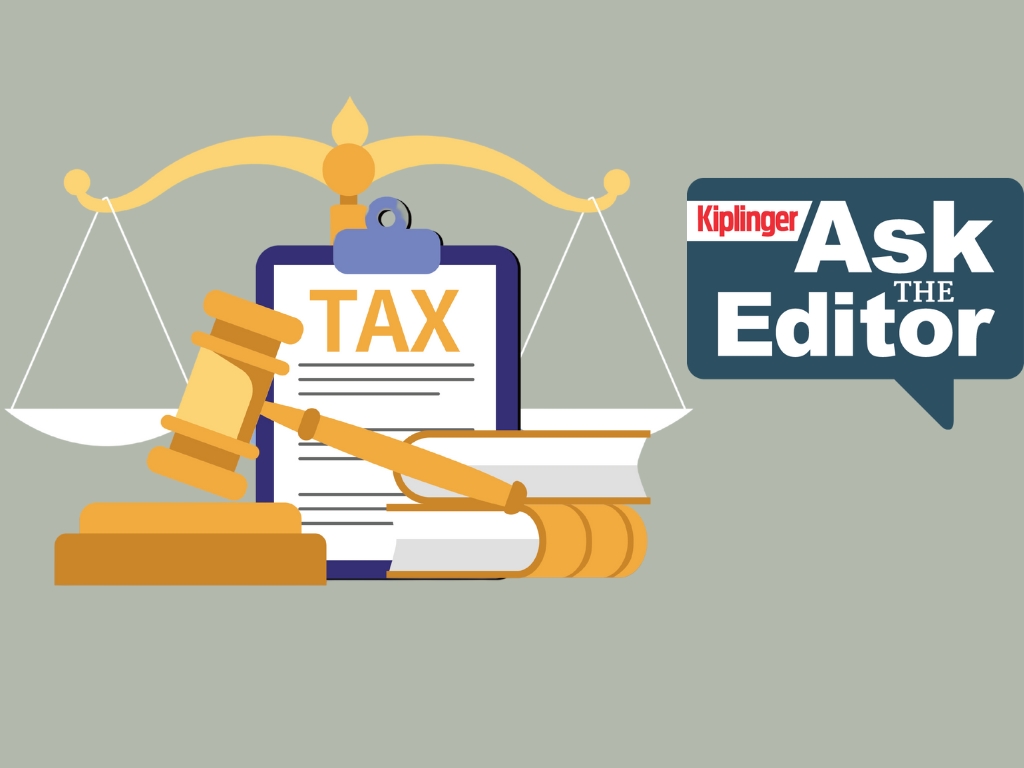From Exchange Rates to ATM Fees: A Guide to Handling Foreign Cash
Sponsor Content Created With TD Bank


There’s nothing like the thrill of traveling abroad and enjoying different cultures, delicious foods, and unforgettable sights. As you set your itinerary, consider how you’ll pay for everything. While U.S. dollars and credit cards are widely accepted worldwide, having some foreign cash on hand can be more convenient and, in some cases, the only way to pay.
When it comes to handling foreign currency, a little preparation can help you avoid fees and get a better deal on your money. Whether you’re planning a trip months in advance or just about to zip up your suitcase, this guide to handling foreign cash will get you ready.
Foreign cash equals travel convenience
In the age of credit cards and mobile payments, carrying cash might feel outdated in the United States. But that’s not the case everywhere in the world, as cash remains a common form of payment in other countries.
While tourist hotspots likely accept credit cards, many places might not. Think about a late-night taxi from the airport, a street market snack, or a small boutique off the beaten path. In those moments, having cash on hand can make all the difference for your trip.
At the same time, while international vendors may be willing to accept U.S. dollars, they typically charge a much higher price for the convenience versus the local currency. For these reasons, seasoned travelers use a combination of credit cards and foreign cash while traveling abroad.
TD Bank surveyed American travelers who took international vacations in the past year, and 94% of Gen Z and Millennial travelers reported exchanging cash before a foreign trip, with just under 30% stating that the local currency was their preferred payment method. Baby Boomer travelers were less likely to report foreign currency as their preferred payment method, but 75% still converted some cash ahead of time.
Across generations, one thing is clear: When you’re traveling abroad, cash is still king. However, how much your cash is worth depends on the exchange rate.
Understanding exchange rates
An exchange rate is the price of one currency in terms of another. For example, if the dollar-to-euro exchange rate is 0.85, you would get €0.85 for every U.S. dollar you convert. Alternatively, one euro is worth about $1.18 at this rate.
If you are flexible with your travel plans, studying exchange rates can help you decide where to go by showing which countries offer better value for your dollars. In fact, TD Bank’s survey found that exchange rates were a major factor in influencing international travel decisions for 75% of respondents, including 86% of Gen Z respondents.
Exchange rates fluctuate daily in response to global demand, economic trends and market conditions. You can check the latest figures for different countries online with your bank. Knowing the current exchange rates right before your trip can also help you find better deals for converting your dollars.
Turning dollars into foreign cash, without the extra fees
You’ve got several options for exchanging dollars into foreign cash, and some are much better than others. In general, the most expensive way to convert currency is at foreign exchange currency kiosks found at airports, hotel lobbies, and around major tourist attractions.
After a long flight, they may seem like a quick and easy solution, but you’re paying for that convenience through high fees and poor exchange rates. Despite these costs, 21% of TD Bank survey respondents reported using an exchange vendor at the airport, meaning their travel budget took a hit before their trip even began.
If you need to exchange money in person during your trip, shop around for the best rates. Compare rates, commissions, and fees for exchanging money at several different kiosks and nearby local banks. A few extra minutes could lead to considerable savings.
Another option is withdrawing local currency from an ATM using your debit card. Banks typically offer more competitive exchange rates on withdrawals than you’d find with cash exchange services, but you’ll still owe international ATM fees.
Check with your bank to understand the fees you might face at your destination. Be sure to set up an international travel notice before the trip to avoid having your account locked while abroad. When you make a withdrawal, aim to take out as much as you think you’ll need to prevent unnecessary ATM fees for additional transactions.
Save by converting before your flight
According to TD Bank’s survey, 60% of travelers wait until after leaving the U.S. to exchange their money. However, exchanging currency before your trip can help you get a better deal.
TD Bank offers foreign currency exchange at its branches. Through this service, you can obtain a more favorable exchange rate and lower fees compared to waiting until you arrive at your destination. Converting before departure also saves you one more hassle during the trip, as you’ve already got your foreign cash ready to go.
Some TD Bank locations have major international currencies on hand, including Canadian dollars, European euros, Great British pounds, Mexican pesos, and Japanese yen. If available, you can visit a branch and exchange for these currencies on the same day.
TD Bank also offers in-branch currency exchange for over 55 currencies from around the world. You can order these currencies online or at your branch, and they will be available for exchange within two to three business days.
If you return from your trip with unspent foreign cash, you can use the same TD Bank services to convert everything back into U.S. Dollars.
More money for the trip of a lifetime
People work hard to plan and budget for their international trips—TD Bank’s survey found that 60% of respondents saved for six months to prepare. Don’t let that effort go to waste on unnecessary fees or poor exchange rates.
By researching ahead of time and choosing cost-effective ways to get foreign cash, you can put more of your travel budget towards making memories. For more information, contact your local TD Bank branch and ask about foreign currency exchange options for your next international adventure.
This article is for general informational purposes only. It is not intended to provide specific financial, investment, tax, legal, accounting, or other advice and should not be acted or relied upon without the advice of a professional advisor. A professional advisor will recommend action based on your personal circumstances and the most recent information available.
Profit and prosper with the best of Kiplinger's advice on investing, taxes, retirement, personal finance and much more. Delivered daily. Enter your email in the box and click Sign Me Up.

David is a financial freelance writer based out of Delaware. He specializes in making investing, insurance and retirement planning understandable. He has been published in Kiplinger, Forbes and U.S. News, and also writes for clients like American Express, LendingTree and Prudential. He is currently Treasurer for the Financial Writers Society.
Before becoming a writer, David was an insurance salesman and registered representative for New York Life. During that time, he passed both the Series 6 and CFP exams. David graduated from McGill University with degrees in Economics and Finance where he was also captain of the varsity tennis team.
-
 Stock Market Today: Stocks Step Back From New Highs
Stock Market Today: Stocks Step Back From New HighsInvestors, traders and speculators continue the low-volume summer grind against now-familiar uncertainties.
-
 Ask the Editor — Tax Questions on the New Senior Deduction
Ask the Editor — Tax Questions on the New Senior DeductionAsk the Editor In this week's Ask the Editor Q&A, we answer tax questions from readers on the new $6,000 deduction for taxpayers 65 and older.